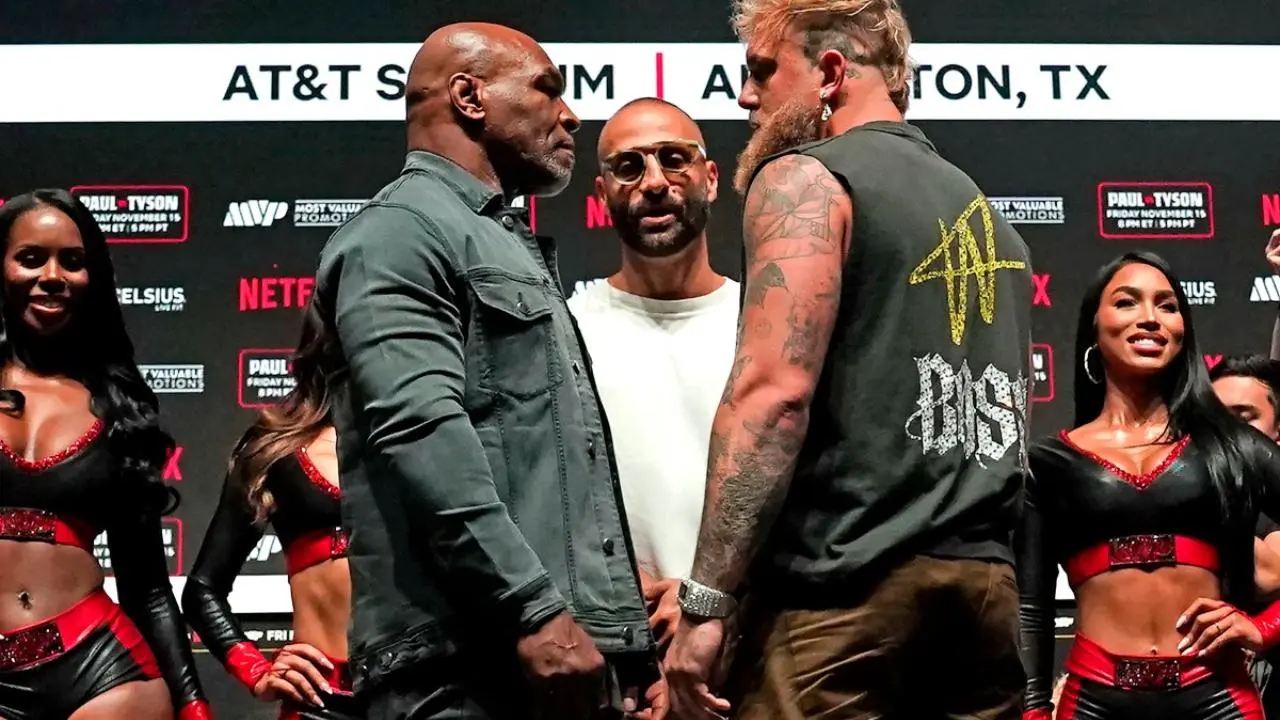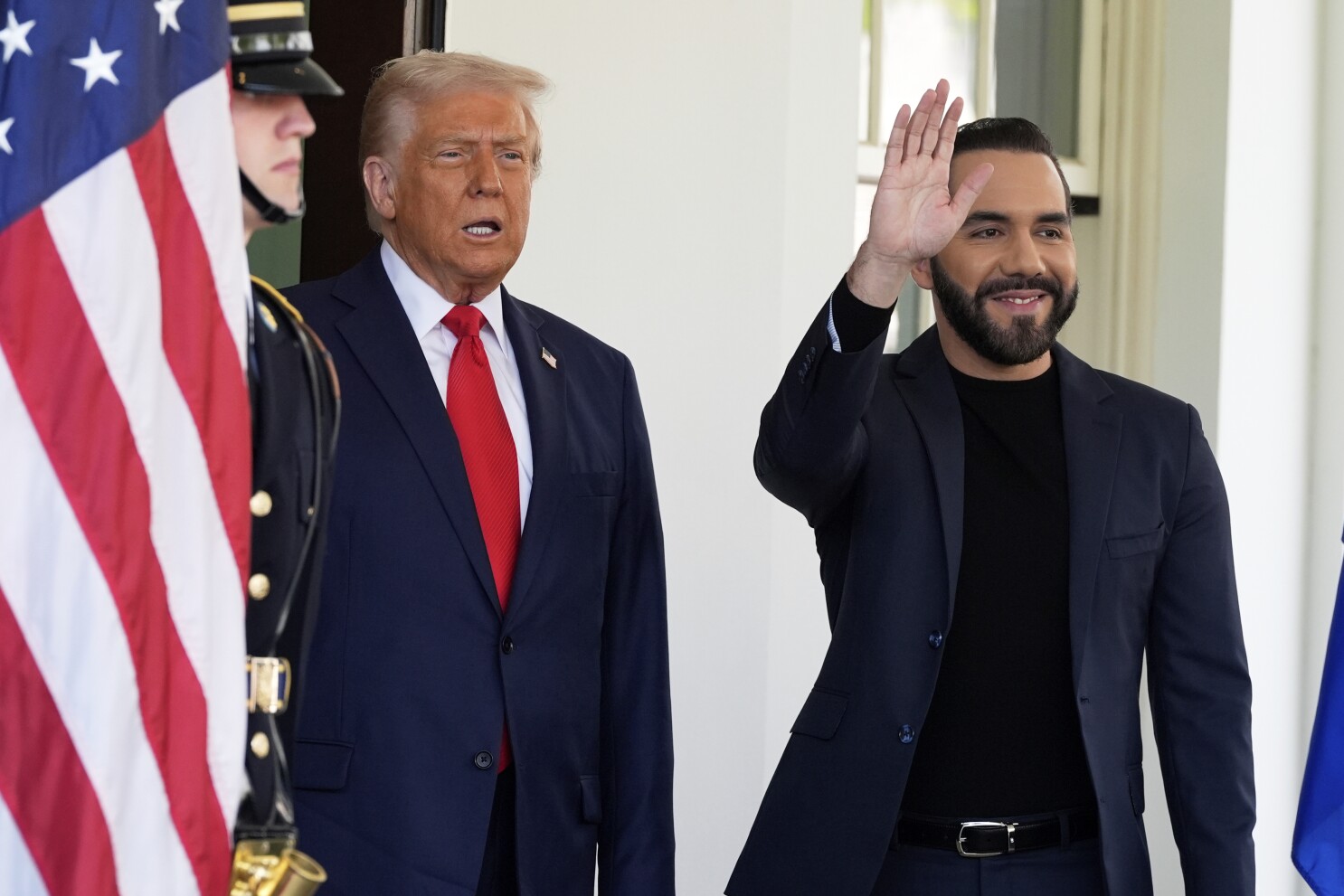In the ever-evolving landscape of boxing, stories of ambition, redemption, and legacy often dominate the headlines. Two such figures who continue to captivate fans and critics alike are Jake Paul, the social media sensation-turned-professional boxer, and Mike Tyson, the legendary heavyweight champion. Despite their starkly different journeys, both are frequently subjects of debates regarding their place in the sport. Paul, confident in his abilities, is setting his sights on a championship title, while Tyson, at the age of 58, seems to be signaling the end of his illustrious career.
Jake Paul’s Meteoric Rise in Boxing
Jake Paul’s boxing journey began as a novelty, initially dismissed as a gimmick by many in the traditional boxing community. The younger of the infamous Paul brothers, Jake transitioned from YouTube star to professional boxer in 2020, surprising the sports world with his determination and knack for self-promotion.
Paul’s early fights were heavily criticized for their lack of competitive depth, as he faced opponents with limited or no professional boxing experience. However, his victories over athletes like former NBA player Nate Robinson and retired MMA champions Ben Askren and Tyron Woodley demonstrated that he was more than just a sideshow. These wins, albeit against non-traditional boxers, solidified his reputation as a fighter willing to take risks and learn on the job.
His most recent bouts, particularly against professional boxers like Tommy Fury, have been seen as attempts to gain legitimacy in the sport. Although Paul suffered a close loss to Fury, he rebounded with a strong performance against former UFC champion Nate Diaz, further proving that he has both the resilience and skill to compete at a high level.
Aiming for a Title
Jake Paul’s belief that he can fight for a championship title has sparked considerable discussion within the boxing community. Critics argue that his relatively shallow résumé lacks the depth and experience required for a legitimate title shot. However, Paul’s camp counters that his rapid improvement and marketability make him a viable contender, especially in the modern boxing landscape where popularity often influences matchmaking decisions.
“I’ve proven myself in the ring, and I’m not stopping until I have a belt around my waist,” Paul declared in a recent interview. His aspirations might not align with traditional boxing pathways, but they do reflect a growing trend where unconventional fighters can fast-track their careers through a combination of skill and commercial appeal.
Paul’s involvement in promoting boxing, such as his work with Most Valuable Promotions, further underscores his commitment to the sport. His ability to draw massive pay-per-view audiences makes him an asset to promoters and networks, ensuring that his pursuit of a title remains a topic of interest for fans and stakeholders alike.
Mike Tyson: The End of an Era
While Jake Paul represents the sport’s future, Mike Tyson embodies its storied past. Regarded as one of the greatest heavyweights in boxing history, Tyson’s career was a rollercoaster of unprecedented highs and dramatic lows. His ferocious fighting style, combined with his intimidating persona, made him a global icon during the late 1980s and early 1990s.
Despite his controversial career and legal troubles, Tyson remains a beloved figure in the boxing world. His return to the ring in 2020 for an exhibition match against Roy Jones Jr. rekindled fans’ nostalgia and proved that his star power was undiminished, even at 54 years old. The event, marketed as a celebration of legends, showcased Tyson’s enduring love for the sport and his ability to entertain.
However, at 58, the prospect of Tyson stepping into the ring for another professional or exhibition fight seems increasingly unlikely. In a candid interview, Tyson recently admitted that his body might not withstand the rigors of training and competition at his age. “I’ve done my part in the ring,” Tyson remarked. “Now it’s about passing the torch and enjoying life.”
Contrasting Paths, Shared Spotlight
The juxtaposition of Jake Paul’s ambitious climb and Mike Tyson’s graceful exit highlights the evolving dynamics of boxing. While Paul symbolizes the sport’s ability to reinvent itself and attract a new generation of fans, Tyson serves as a reminder of its rich history and the sacrifices that come with greatness.
Paul’s rise has not been without criticism. Traditionalists argue that his success dilutes the essence of boxing, reducing it to a spectacle driven by social media clout rather than skill. Yet, his efforts to bring attention to fighter pay and his investments in undercard talent reflect a genuine desire to contribute to the sport’s growth.
Tyson, on the other hand, has transitioned from being a feared competitor to a revered mentor and ambassador for boxing. His popular podcast, Hotboxin’ with Mike Tyson, offers a platform for fighters and celebrities to share their stories, showcasing Tyson’s evolution from a controversial figure to a wise and reflective elder statesman.
The Role of Legacy
For both Paul and Tyson, legacy plays a crucial role in shaping their actions and decisions. Paul’s quest for a title is as much about proving his doubters wrong as it is about securing his place in boxing history. His confidence, while polarizing, underscores his belief in his potential to transcend the boundaries of entertainment and sports.
Tyson’s legacy, meanwhile, is already cemented. With a record of 50 wins, 44 by knockout, and a reign as the youngest heavyweight champion in history, Tyson has little left to prove. His focus now lies in preserving his health and sharing his knowledge with future generations.
The Future of Boxing
The stories of Jake Paul and Mike Tyson reflect the broader trends shaping boxing today. The sport, once dominated by a rigid hierarchy and traditional matchmaking, is now more open to innovation and experimentation. Events like celebrity boxing matches, exhibitions, and crossovers with MMA have expanded boxing’s appeal, bringing in fans who might not have been interested in the sport otherwise.
However, this shift also raises questions about the sport’s identity and its commitment to nurturing young talent. While fighters like Jake Paul attract attention and revenue, many promising boxers struggle for recognition and opportunities. Balancing commercial success with the sport’s integrity remains a challenge for promoters, governing bodies, and athletes alike.
Conclusion
Jake Paul’s belief that he can fight for a title and Mike Tyson’s likely retirement at 58 symbolize two ends of boxing’s spectrum—ambition and reflection. Paul’s journey highlights the sport’s adaptability and the power of self-belief, while Tyson’s legacy reminds fans of the enduring allure of greatness.
As boxing continues to evolve, the stories of these two fighters will remain intertwined, representing the past, present, and future of a sport that thrives on its ability to captivate and inspire. Whether Jake Paul achieves his goal of winning a title or Mike Tyson steps into the ring one last time, their impact on boxing is undeniable, ensuring that their names will be remembered long after the final bell rings.



